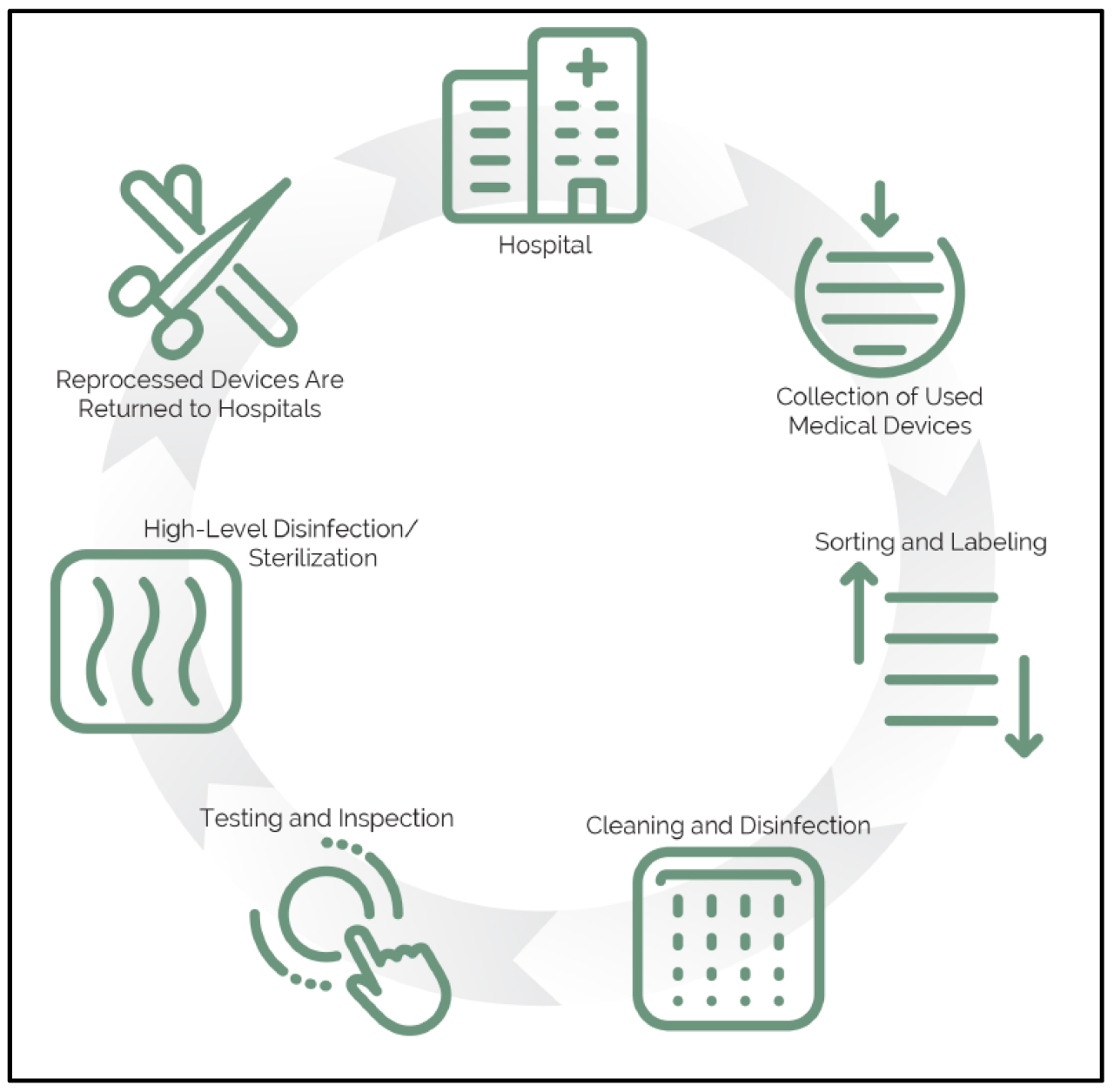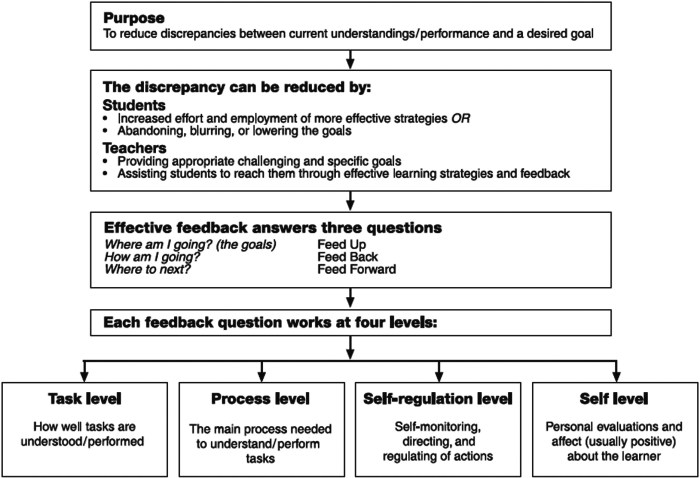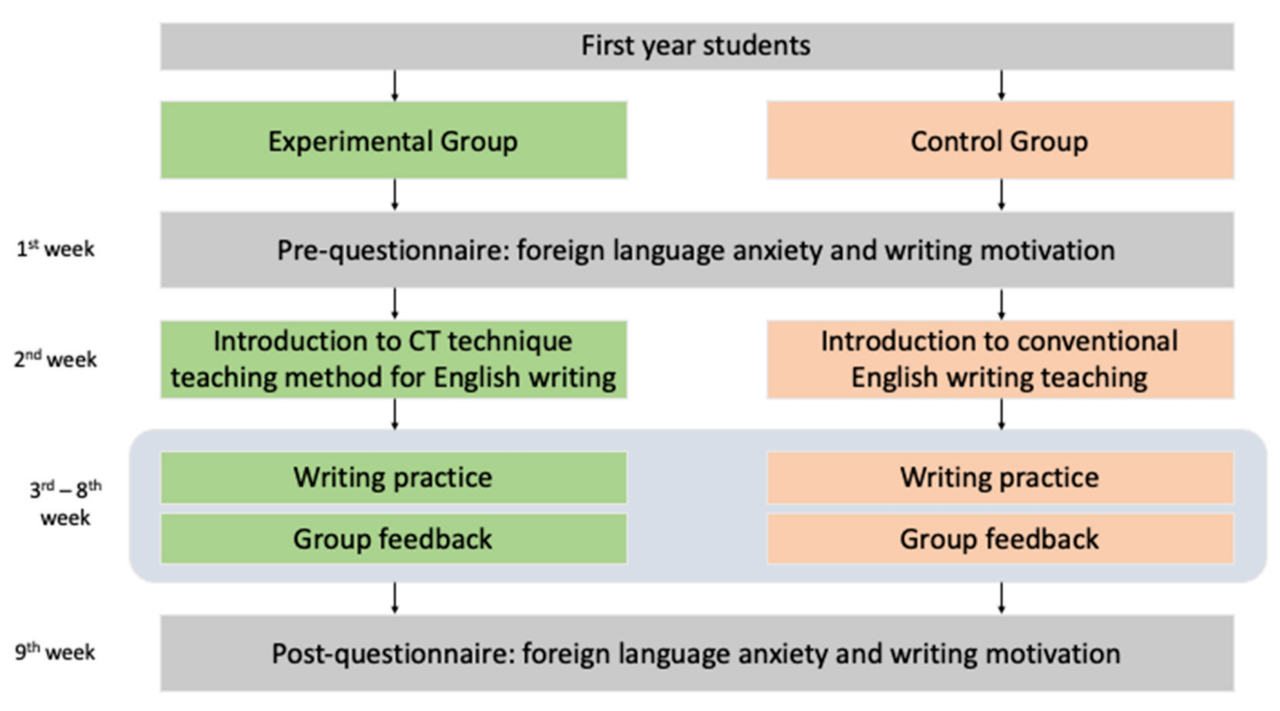Challenging our labels rejecting the language of remediation – Challenging our labels and rejecting the language of remediation is a crucial step towards fostering a more equitable and just society. By breaking free from limiting narratives, we can empower individuals and create a more inclusive world.
The concept of remediation and the use of labels often perpetuate stereotypes and limit opportunities. However, by challenging these labels, we can create alternative narratives and foster self-acceptance, ultimately contributing to social change.
Defining the Language of Remediation and Labels: Challenging Our Labels Rejecting The Language Of Remediation

The language of remediation is a pervasive discourse that shapes how we perceive and categorize individuals and groups in society. It is based on the notion that certain individuals or communities are deficient or in need of fixing, often leading to stigmatizing labels and limiting opportunities.
Labels, such as “at-risk,” “underprivileged,” or “disabled,” are often used to describe individuals or groups perceived as falling short of societal norms. These labels can perpetuate stereotypes, reinforce social hierarchies, and create barriers to inclusion and empowerment.
The Impact of Challenging Labels
Challenging labels can have profound psychological and social consequences for individuals. Labels can lead to internalized stigma, shame, and a sense of inferiority. They can also limit access to resources, opportunities, and social support.
On the other hand, challenging labels can empower individuals and foster inclusivity. By rejecting limiting narratives, individuals can reclaim their identities and assert their agency. It can also create a more just and equitable society where everyone is valued and respected.
Strategies for Rejecting Remediation Language, Challenging our labels rejecting the language of remediation
There are several strategies individuals can employ to challenge labels and reclaim their identities. These include:
- Self-reflection and self-acceptance:Examine the labels that have been applied to you and critically evaluate their validity. Focus on your strengths and abilities rather than your perceived deficiencies.
- Challenging assumptions:Question the underlying assumptions behind labels and stereotypes. Consider the evidence and data that support or refute these assumptions.
- Creating alternative narratives:Develop and share stories and experiences that counter dominant narratives and challenge limiting labels.
- Advocating for change:Engage in advocacy efforts to challenge policies and practices that perpetuate remediation language and labeling.
The Role of Education and Media
Education and media play a crucial role in shaping perceptions and challenging stereotypes. Education can provide students with critical thinking skills and expose them to diverse perspectives, fostering a more inclusive and equitable society.
Media representations can also influence our understanding of labels and remediation. Positive and diverse representations of individuals and groups can challenge stereotypes and promote a more nuanced and accurate understanding of human diversity.
Case Studies and Examples
Numerous individuals and organizations have successfully challenged labels and rejected remediation language. For example, the disability rights movement has fought against the use of labels such as “handicapped” or “retarded” and promoted the concept of “people with disabilities.”
Another example is the LGBTQ+ community, which has challenged labels such as “gay” or “lesbian” and advocated for the recognition of gender and sexual diversity.
Implications for Social Change
Challenging labels and rejecting remediation language has broader implications for social justice and equity. By breaking down barriers and promoting inclusivity, we can create a more just and equitable society where everyone is valued and respected.
Rejecting remediation language can also lead to more effective and empowering interventions and policies. By focusing on strengths and assets rather than deficits, we can create programs and services that truly support individuals and communities.
Popular Questions
What is the impact of challenging labels?
Challenging labels can have significant psychological and social consequences, empowering individuals and fostering inclusivity.
How can we reject remediation language?
Individuals can challenge labels and reclaim their identities by creating alternative narratives and fostering self-acceptance.
What role does education play in challenging labels?
Education plays a crucial role in shaping perceptions and challenging stereotypes, fostering a more inclusive understanding of individuals.


